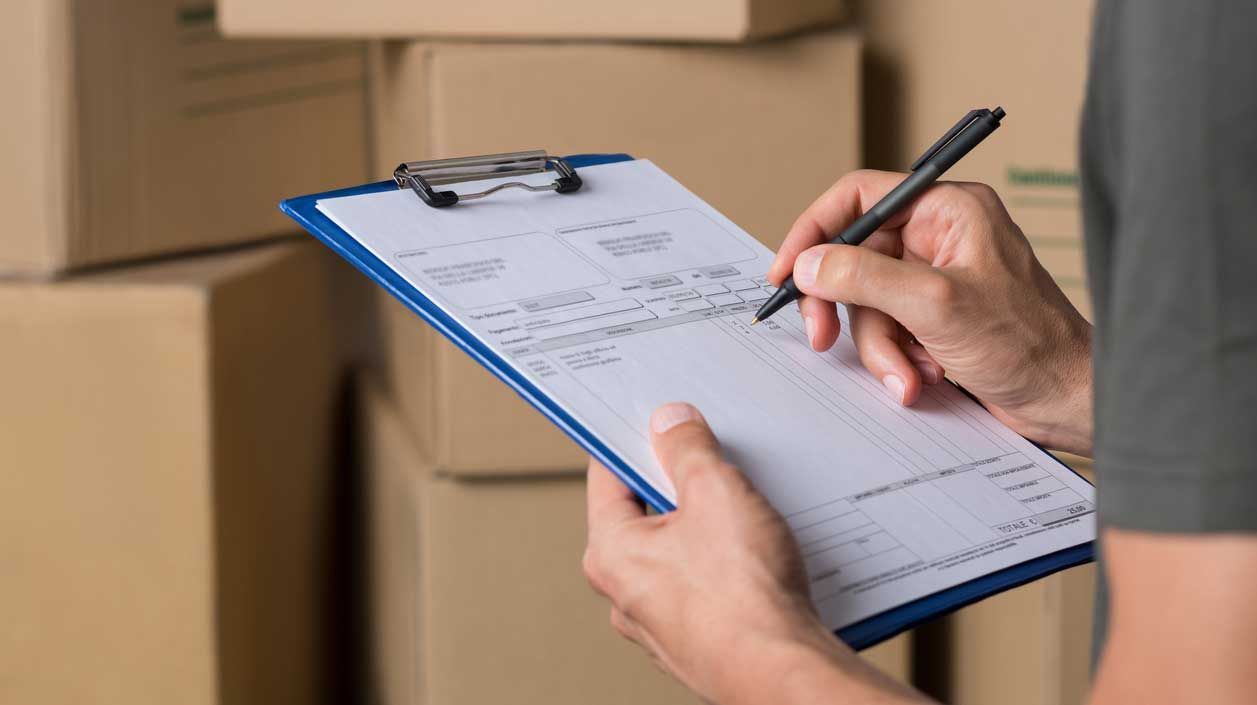Moving freight in the current fast-paced business environment isn’t only about routes or trucks but also data, flexibility and having the right systems for dealing with the unexpected. If you’re a distributor trying to handle several shipments in one day, or a manufacturing company trying to meet deadlines, your logistics service needs to provide more than the basic service. They must provide security, control and transparency.

Image credit: translogisticsinc.com
Modern freight brokerage services and 3PL companies that are based on technology could change this.
The modern Freight Broker More than a Middleman
Traditionally, a freight broker was considered to be someone who was a person who connected shippers and carriers. But today’s freight brokers have evolved into strategic partners who manage the complexity of transportation on behalf of their customers. They aid clients negotiate better prices, find reliable carriers as well as solve issues and expensive delays.
A good freight broker will keep you from not only paying for the freight but also from logistical challenges that could affect the bottom line.
Translogistics, Inc. (TLI) Companies are reinventing what this relationship entails. By offering multimodal freight brokerage services, they allow businesses to shift between parcel, LTL (less-than-truckload), and volume LTL shipments depending on urgency, budget, or customer needs. That kind of adaptability matters more than ever.
3PL Providers: A New layer of strategy You Didn’t Know You Needed
If you’re working with multiple carriers, juggling invoices, tracking shipments manually, or managing claims in a spreadsheet, it might be time to consider a 3PL provider. Third-party logistics partners can help with these tasks which can take a lot of time and allow you to focus on what matters most: growing your business.
A 3PL that is good will offer more than just outsourcing services. They will bring the structure, expertise and strategies. They analyze the patterns of your shipping, recommend smarter solutions, and bring tech-driven processes to your logistics department. It’s not about reacting to problems, you’re also stopping these from happening. In a business that requires transparency and effectiveness, the tools employed in the background can make huge differences.
What’s the purpose of a Transportation Management System?
Think of a transportation system as the command center for your shipment. This is your digital brain that allows you to monitor how you manage and optimize each of your shipping on one platform. TMSs offer visibility and control that you’ve never previously had. From real-time pricing for carrier services to creating Bills of Lading, and checking freight invoices.
Translogistics’ ViewPoint TMS platform For instance, it was designed with the same goals in mind. The platform compares the rates of various modes, and has drag-and-drop data entry that is powered by AI to reduce manual typing that slows teams down. This is an example of how technology in logistics is evolving to allow quicker, more efficient and precise operations.
The reason why it all comes down to Partnership
At the end of the day, logistics aren’t just about processes and services. It’s about people. It’s vital to have a team who recognizes what’s at risk when a shipment goes through delays or a company fails. This is why selecting the right 3PL supplier or a freight broker isn’t merely a transactional choice. It’s also a strategic decision.
Find a vendor who is responsive, flexible, and invests in technology that will keep your supply chain on track. One who handles your shipments with the same attention to detail and urgency you give your customers. The right support system can make the chaos of freight into an efficient process, and help your business expand. In the modern world of logistics, it’s not only about moving items. It’s all about transferring more efficiently.